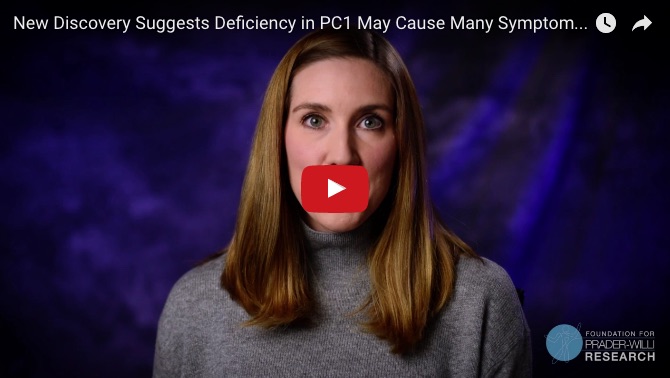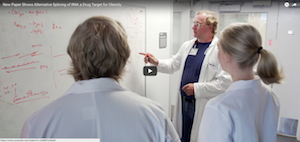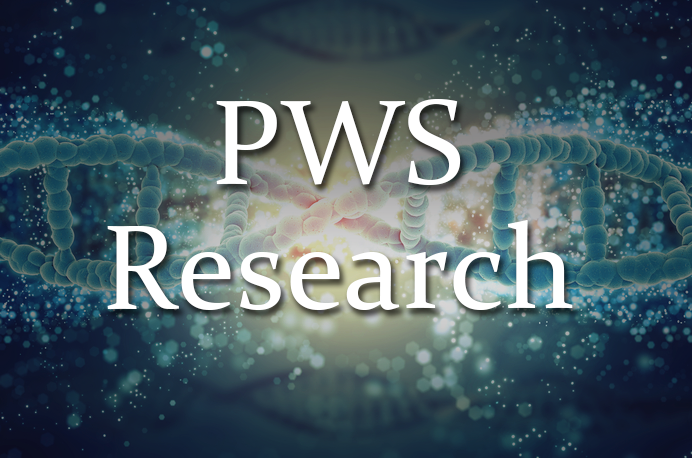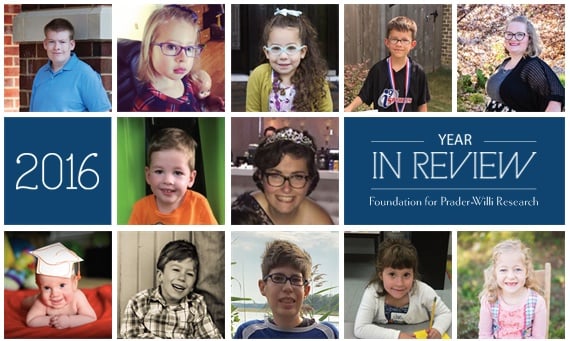Topics: Research
FPWR is excited to share a new discovery in Prader-Willi Syndrome! Columbia University Medical Center researchers Lisa Burnett, PhD, and Rudolph Leibel, PhD, have published a breakthrough discovery in the Journal of Clinical Investigation that change...
Any drug development process proceeds through several stages in order to produce a drug that is safe, efficacious, and has passed all regulatory requirements. Before drug candidates can be tested in humans, they need to show they are safe and efficac...
Topics: Research
Sleep disturbances and daytime sleepiness severely impact the quality of life for many with PWS, as well as their parents and caregivers. Within the Global PWS Registry, about 50% of respondents report that their loved one suffers from excessive dayt...
Topics: Research
In contrast to many rare diseases that can be traced to a single gene, PWS involves a region of DNA that encompasses numerous genes. A lot of PWS research is centered around trying to connect the dots between the genes in the PWS region and the actua...
Topics: Research
Janet Woodock, MD, Director of the Center for Drug Evaluation and Research at the FDA, recently highlighted how the FDA is placing a high priority on patient input and perspective in the drug development process. The agency recognizes that patients, ...
Topics: Research
FPWR community, 2016 was yet another remarkable year for Prader-Willi research! Our supporters have allowed FPWR to fund more research than ever before, taking us closer to treatments for our loved ones with Prader-Willi syndrome. Read below for a fe...
Topics: Research
Over the past 3 years we have seen a number of new companies investing in Prader-Willi Syndrome. This is in part because of PWS's orphan indication and the significant unmet medical need, but is also reflective of the steps we have taken as a communi...
Topics: Research
Over the past 3 years we have seen a number of new companies investing in Prader-Willi Syndrome. This is in part becuase of PWS's orphan indication and the significant unmet medical need, but is also reflective of the steps we have taken as a communi...
Topics: Research













